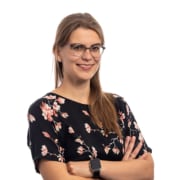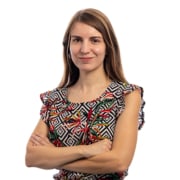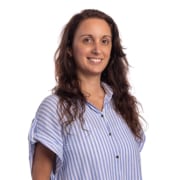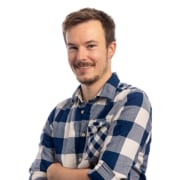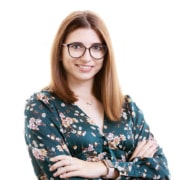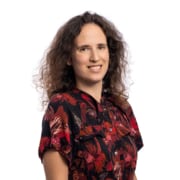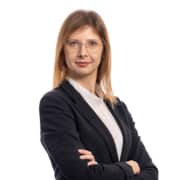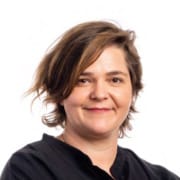Dr. Monika Witzenberger is an Azrieli International Postdoctoral Fellow in the Department of Molecular Genetics at the Weizmann Institute of Science, where she studies RNA modifications under the supervision of Prof. Schraga Schwartz.
Since the development of new sequencing technologies over the last few decades, the detection and mapping of RNA modifications has leaped forward, uncovering an additional layer of gene regulation in human cells.
In her current research, Monika plans to explore the working principles of the enzyme machinery that installs RNA modifications in the hope of leveraging these findings to develop biotechnological tools or therapeutic approaches.
Monika was born in Germany and obtained her BSc and MSc in molecular biotechnology at the Heidelberg University, with research visits to the University of Cambridge and Tel Aviv University. She then pursued her PhD at Helmholtz Munich under the supervision of Prof. Dierk Niessing. While exploring an underexplored RNA modification enzyme, using structural biology and biochemistry tools, she also worked on a novel drug target for the treatment of Huntington’s disease. Outside the lab, Monika volunteers for an NGO that aims to connect young researchers and professionals with current leaders in the biotech industry. Besides science, Monika enjoys swimming, yoga, learning new languages and playing the guitar.
